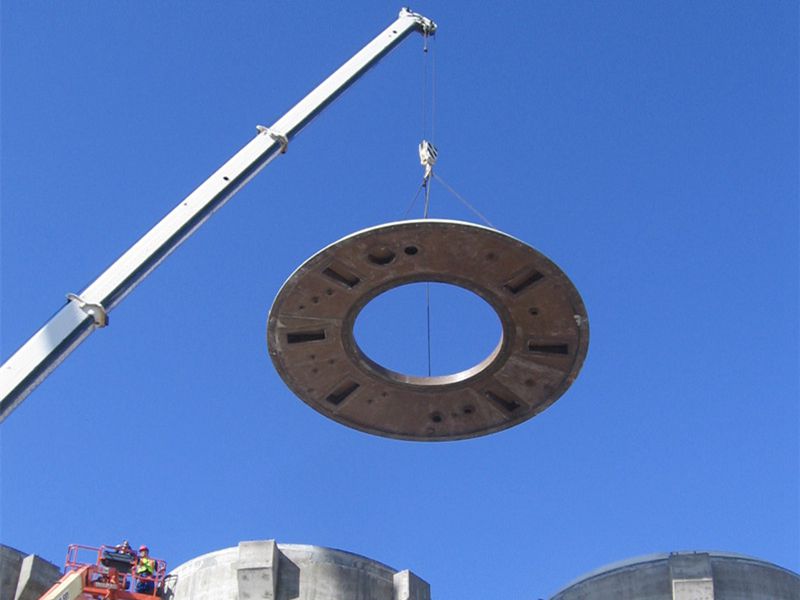
-
 Afrikaans
Afrikaans -
 Albanian
Albanian -
 Amharic
Amharic -
 Arabic
Arabic -
 Armenian
Armenian -
 Azerbaijani
Azerbaijani -
 Basque
Basque -
 Belarusian
Belarusian -
 Bengali
Bengali -
 Bosnian
Bosnian -
 Bulgarian
Bulgarian -
 Catalan
Catalan -
 Cebuano
Cebuano -
 China
China -
 China (Taiwan)
China (Taiwan) -
 Corsican
Corsican -
 Croatian
Croatian -
 Czech
Czech -
 Danish
Danish -
 Dutch
Dutch -
 English
English -
 Esperanto
Esperanto -
 Estonian
Estonian -
 Finnish
Finnish -
 French
French -
 Frisian
Frisian -
 Galician
Galician -
 Georgian
Georgian -
 German
German -
 Greek
Greek -
 Gujarati
Gujarati -
 Haitian Creole
Haitian Creole -
 hausa
hausa -
 hawaiian
hawaiian -
 Hebrew
Hebrew -
 Hindi
Hindi -
 Miao
Miao -
 Hungarian
Hungarian -
 Icelandic
Icelandic -
 igbo
igbo -
 Indonesian
Indonesian -
 irish
irish -
 Italian
Italian -
 Japanese
Japanese -
 Javanese
Javanese -
 Kannada
Kannada -
 kazakh
kazakh -
 Khmer
Khmer -
 Rwandese
Rwandese -
 Korean
Korean -
 Kurdish
Kurdish -
 Kyrgyz
Kyrgyz -
 Lao
Lao -
 Latin
Latin -
 Latvian
Latvian -
 Lithuanian
Lithuanian -
 Luxembourgish
Luxembourgish -
 Macedonian
Macedonian -
 Malgashi
Malgashi -
 Malay
Malay -
 Malayalam
Malayalam -
 Maltese
Maltese -
 Maori
Maori -
 Marathi
Marathi -
 Mongolian
Mongolian -
 Myanmar
Myanmar -
 Nepali
Nepali -
 Norwegian
Norwegian -
 Norwegian
Norwegian -
 Occitan
Occitan -
 Pashto
Pashto -
 Persian
Persian -
 Polish
Polish -
 Portuguese
Portuguese -
 Punjabi
Punjabi -
 Romanian
Romanian -
 Russian
Russian -
 Samoan
Samoan -
 Scottish Gaelic
Scottish Gaelic -
 Serbian
Serbian -
 Sesotho
Sesotho -
 Shona
Shona -
 Sindhi
Sindhi -
 Sinhala
Sinhala -
 Slovak
Slovak -
 Slovenian
Slovenian -
 Somali
Somali -
 Spanish
Spanish -
 Sundanese
Sundanese -
 Swahili
Swahili -
 Swedish
Swedish -
 Tagalog
Tagalog -
 Tajik
Tajik -
 Tamil
Tamil -
 Tatar
Tatar -
 Telugu
Telugu -
 Thai
Thai -
 Turkish
Turkish -
 Turkmen
Turkmen -
 Ukrainian
Ukrainian -
 Urdu
Urdu -
 Uighur
Uighur -
 Uzbek
Uzbek -
 Vietnamese
Vietnamese -
 Welsh
Welsh -
 Bantu
Bantu -
 Yiddish
Yiddish -
 Yoruba
Yoruba -
 Zulu
Zulu
frp pipeline
Understanding the FRP Pipeline Innovation in the Chemical Industry
The demand for advanced materials and efficient production processes in the chemical industry has led to the development of specialized pipelines, particularly those made from Fiber Reinforced Plastic (FRP). These innovative pipelines offer numerous advantages over traditional materials such as metal and concrete, making them increasingly popular in various applications, including oil and gas, water treatment, and chemical transportation. This article delves into the intricacies of the FRP pipeline, its benefits, applications, and future prospects.
What is an FRP Pipeline?
FRP, or Fiber Reinforced Plastic, is a composite material that combines a polymer matrix with fibrous materials, such as glass, carbon, or aramid fibers. This combination enhances the material's strength, durability, and resistance to corrosion. An FRP pipeline is constructed using this composite material, which allows it to withstand harsh environmental conditions and the corrosive nature of many chemicals.
Advantages of FRP Pipelines
1. Corrosion Resistance One of the most significant advantages of FRP pipelines is their resistance to corrosion. Traditional metal pipes often succumb to rust and degradation when exposed to aggressive chemicals or moisture. In contrast, FRP pipelines can withstand a wide range of corrosive substances, which extends their lifespan and reduces maintenance costs.
2. Lightweight FRP pipelines are considerably lighter than their metal counterparts. This characteristic simplifies the installation process, reduces transportation costs, and lowers the structural demands on supporting systems. The lightweight nature of FRP facilitates easier handling and manipulation during both installation and maintenance.
3. High Mechanical Strength Despite their lightweight nature, FRP pipelines possess impressive mechanical strength. They can handle high pressure and are less prone to bursting compared to traditional materials. This attribute is essential in industrial applications where high-performance standards are required.
4. Insulation Properties FRP pipelines provide excellent insulation against temperature variances. This quality helps to maintain the temperature of transported fluids, making them ideal for transporting sensitive materials that require specific temperature conditions.
5. Customizability FRP pipelines can be tailored to meet specific needs for different applications. Manufacturers can modify the composite materials' properties to enhance performance characteristics like flexibility, resistance to UV radiation, or thermal stability.
frp pipeline

Applications of FRP Pipelines
Due to their numerous advantages, FRP pipelines are utilized across various sectors. In the oil and gas industry, these pipelines are used for transporting crude oil and natural gas, where resistance to corrosion and mechanical strength is crucial. In the water treatment sector, FRP pipes are employed for transporting water and waste, ensuring longevity and reliability in scenarios susceptible to chemical exposure.
Additionally, FRP pipelines find applications in the chemical manufacturing industry, where they convey hazardous chemicals without the risk of leakage or material degradation. Their insulating properties also make them suitable for sectors requiring temperature-sensitive transport.
Challenges and Future Prospects
While FRP pipelines come with compelling advantages, they also pose certain challenges. The manufacturing processes can be more complex and costlier than traditional materials. Additionally, issues related to recyclability and environmental impact need addressing, as many composite materials are not biodegradable.
Despite these challenges, the future of FRP pipelines appears bright. As technology advances, manufacturers are exploring new methods to enhance the sustainability of FRP materials, focusing on recycling and reducing the environmental footprint of production processes.
The growing emphasis on environmental sustainability further highlights the potential of FRP pipelines, as industries seek eco-friendly alternatives without compromising performance. Innovations in composite materials, such as the incorporation of natural fibers, may provide solutions to current challenges, expanding the applications of FRP in various fields.
Conclusion
FRP pipelines represent a significant advancement in materials technology for the chemical industry. Their corrosion resistance, lightweight nature, and high mechanical strength make them an ideal choice for demanding applications. As industries increasingly prioritize sustainability and performance, the future of FRP pipelines looks promising, paving the way for innovation in material science and engineering. With continued research and development, FRP technology may redefine standards across various sectors, ensuring safer, more efficient, and environmentally friendly practices.









